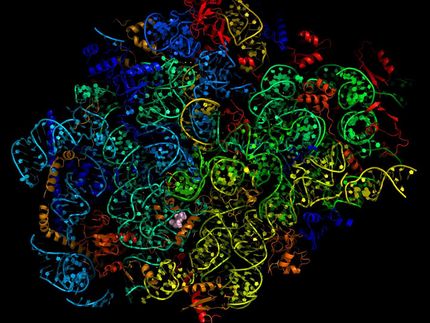New drugs to target sleeping sickness
University of Edinburgh and Selcia achieve key milestones
Advertisement
Scientists from the University of Edinburgh, working with Selcia have successfully passed the 20-month milestone targets of a 30-month Wellcome Trust SDDi £2.5 million project to design novel treatments for sleeping sickness.
The aim of the project is to design a drug to inhibit a key parasite enzyme involved in the conversion of blood sugars to energy, to be effective in small doses, even on advanced infections, and kill the parasite.
Current treatments for the disease require high doses, can be fatal or cause debilitating side-effects and require long stays in hospital. The collaborative project team hopes to develop safe, effective medicines that can be given easily, prevent damage to the central nervous system and ultimately save lives.
Professor Malcolm Walkinshaw, of the University of Edinburgh's School of Biological Sciences, said: "Sleeping sickness is a widespread, neglected disease which, if left untreated, is invariably fatal and current drugs are poorly effective. Working with Selcia, we have made excellent progress towards developing compounds that can be easily administered and may eventually help curb the disease's impact."
Dr Vicky Steadman, Director of Discovery at Selcia, said: "We are delighted to collaborate with the University of Edinburgh's School of Biological Sciences. Both teams have worked well together to facilitate the success of the project. Selcia is committed to developing strong links with academic research teams. We see these partnerships as a key strategic element of our growing integrated drug discovery offering."

























































